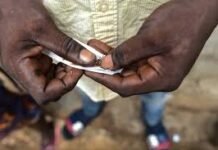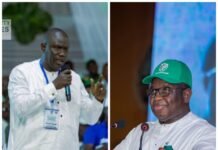By Ranger
Politicians have for the past one month being canvassing citizens to go out and register to vote in the June 2023 Local Government, Parliamentary and Presidential elections. They exhorted the people by telling them that it is their right to vote but hardly had they tell the people what they will or are supposed to get in return.
For the majority of the people who are not strongly partisan, politicians are people whose promises should be taken with a big pinch of salt because they always promise more than they give.
For the ordinary, average citizen, the reason why he/she stands in line once every five years is purely he/she wants the party and leader elected to better their lives.
For Sierra Leoneans, Government after Government since the return to democracy in 1996 has failed to deliver satisfactorily on that dream.
At the heart of the matter is, how do we reduce poverty? If our political parties and leaders genuinely asked themselves this question before coming to power, they would know that the only way to reduce poverty is to engage everyone in robust, sustained socio-economic development activities. I give an example. When the Chinese were constructing the Regent to Jui highway, they worked round the clock (3 shifts) 24-7, 365. You will never see such commitment and dedication to getting anything done in this country by our Government.
Another reason why we cannot effectively reduce poverty is because we have always taken the wrong approach – relying too heavily on doses of IMF, World Bank and donor grants to finance development that come with very heavy price tags.
It is estimated that for every grant dollar, 60 percent goes back directly and indirectly to the donor country in ways you and I know whilst failing to judiciously and responsibly invest what the country earns in promoting economic growth and development. For example, why does Sierra Leone still have to import the bulk of the food it consumes when it has all what it takes to grow and produce here and in the process create hundreds of thousands of new jobs whilst drastically reducing the country’s import bill and need for foreign exchange? (Continued next edition)




